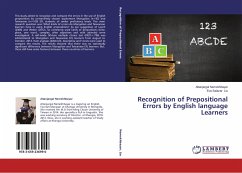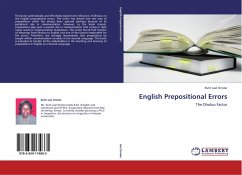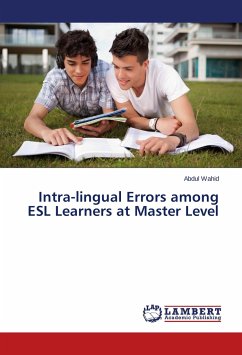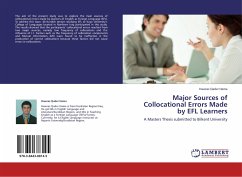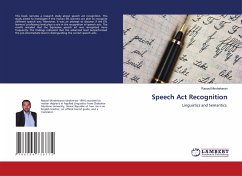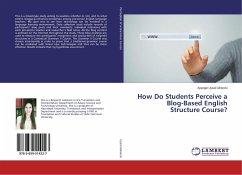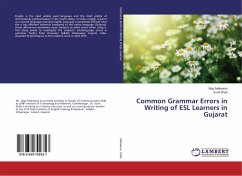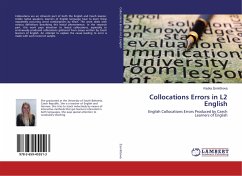This study aimed to recognize and compare the errors in the use of English prepositions by conveniently chosen sophomore Mongolian (n=92) and Taiwanese (n=109) EFL students of similar proficiency levels. The main research question was: What kinds of errors do Mongolian and Taiwanese learners have in using English prepositions? As per suggestion of Leech (2006) and Weber (2012), six commonly used kinds of prepositions (time, place, one word, complex, after adjectives and with adverbs) were investigated. A self-made 50-item multiple choice test (KR21=.796) was administered to Mongolian and Taiwanese EFL learners from August to October, 2013. Item analyses (jMetric3), descriptive and t-tests were used to compare the results. The results showed that there was no statistically significant difference between Mongolian and Taiwanese EFL learners. But, there still have some features between those countries of learners.
Bitte wählen Sie Ihr Anliegen aus.
Rechnungen
Retourenschein anfordern
Bestellstatus
Storno

